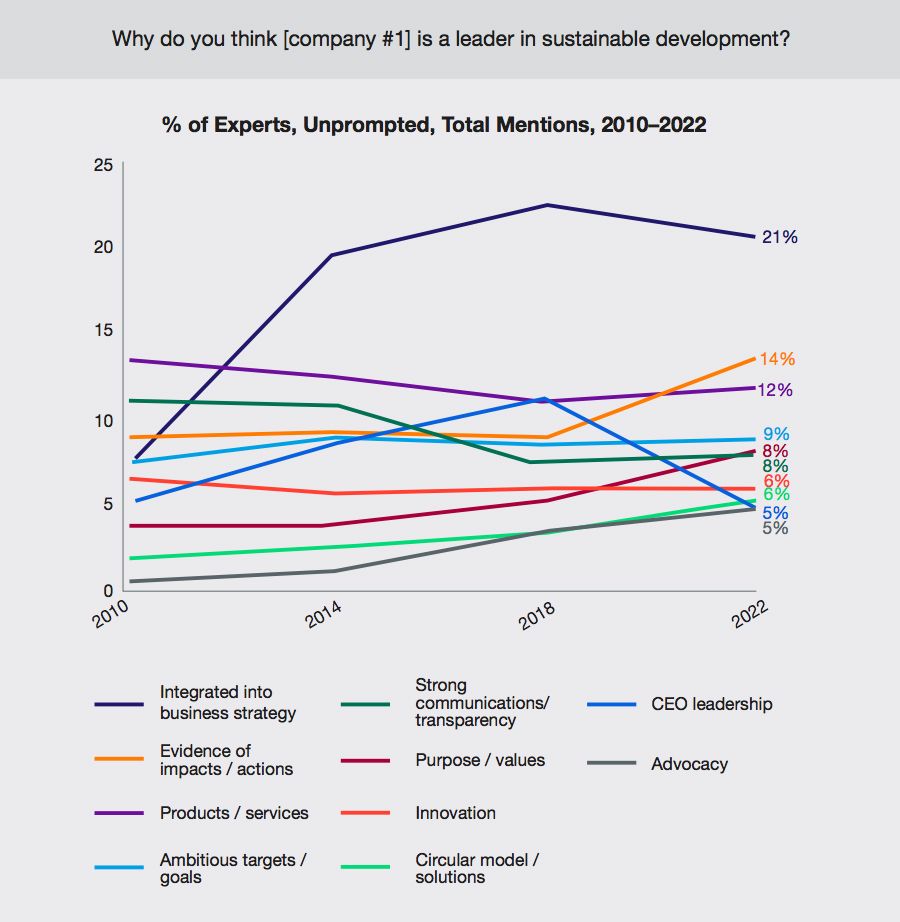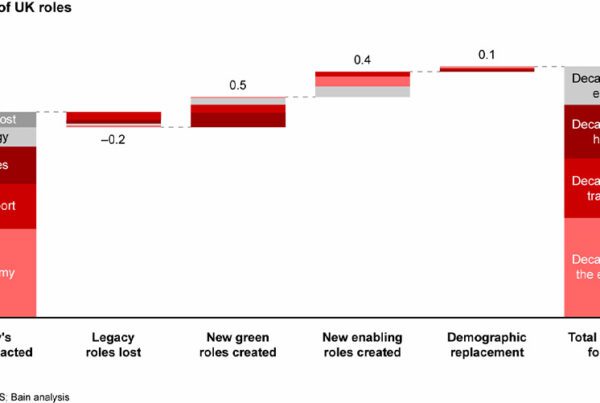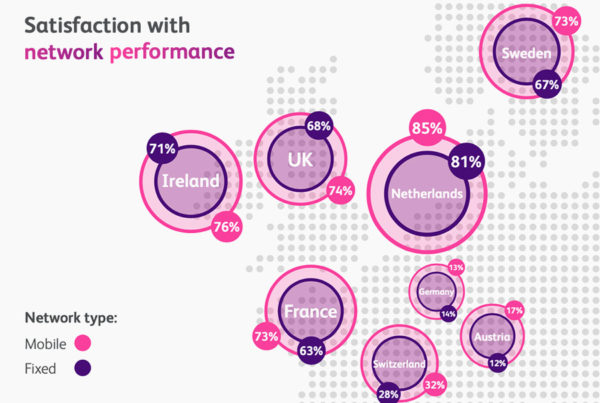As firms look to prove their sustainability credentials, the integration of ESG practices into business models is now more important than individual products and services that boost sustainability. On that basis, a new study has found that Unilever, Patagonia and Natura &Co are the world’s leading businesses in terms of sustainability.
Consumers are placing increasing importance on sustainability practices, when it comes to deciding which products to purchase. Simply placing individual – often premium – products on the market representing ‘ethical options’ is no longer cutting the mustard, though. If businesses are to set themselves apart from the crowd, they need to show they are placing sustainability at the heart of their operations.
A new report from ERM, the world’s largest independent sustainability consultancy, demonstrates precisely that. For more than 25 years, the firm’s Sustanability Leadership survey, conducted in partnership with GlobeScan, has been tracking expert opinions on sustainable development leadership. According to the data analysed, what it takes to be a ‘leader’ on this front has turned on its head in the last decade.
![Why do you think [company #1] is a leader in sustainable development? % of experts, unprompted, total mentions, 2010-2022 Why do you think [company #1] is a leader in sustainable development? % of experts, unprompted, total mentions, 2010-2022](https://www.consultancy.uk/illustrations/news/detail/2022-07-13-022811566-Why-do-you-think-_company-_1_-is-a-leader-in-sustainable-development--_-of-experts_-unprompted_-total-mentions_-2010-2022.jpg)
In 2010, integrating sustainability into business strategies was rated as a priority by fewer than 8% of experts. Meanwhile, around 14% cited products and services offered as the leading indicator of a company taking sustainability seriously. 12 years on, however, ERM’s latest poll of more than 700 sustainability professionals across 73 countries finds that the importance of products has diminished by 2%. In contrast, integration of ESG policies into business strategies has spiked to become the top priority for 21% of experts.
Mark Lee, Director of the SustainAbility Institute by ERM commented, “Survey respondents globally continue to underscore the urgency of action on climate change, biodiversity, inequality, and a host of other sustainability issues, calling on companies to provide more evidence of how they are embedding sustainability in their business models.”
At the same time, evidence of impacts and actions – or being able to demonstrate the effects of these integrated strategies – has also risen sharply in importance. Having been steady at roughly 9% for close to a decade, it is now the second most important factor for experts, rated as a key priority by 14% of them.

Looking at these leading factors, ERM asked its cross-section of global experts to identify the firms they thought led the way on sustainability. In this case, the firm found Unilever was still at the head of companies recognised as sustainability leaders.
Unilever is one of the world’s largest players in the fast moving consumer goods (FMCG) market. The firm has spent recent years consistently working to make itself more sustainable – and is continuing to push new targets of the Unilever Sustainable Living Plan, a blueprint for achieving growth, whilst negating Unilever’s environmental footprint and increasing positive social impact. The Plan consists of wide-stretching goals, including everything from the sourcing of raw materials, to how consumers use their brands.
Unilever is joined at the head of the list by US clothing retailer Patagonia and Brazilian personal care company Natura &Co – each who lead the pack by some distance. But they are all seeing their lead shrink, notably, as other companies up their game, and better integrate sustainability into their business strategies. Illustrative of this wider step-change, Danish multinational power company Ørsted A/S – which only made ERM’s list in 2019 – is seeing its business transformation change how it is perceived in terms of ESG. The firm was founded to manage gas and oil reserves for the Danish state in 1972 – but is now the world’s largest developer of offshore wind power by amount of built offshore wind farms.




